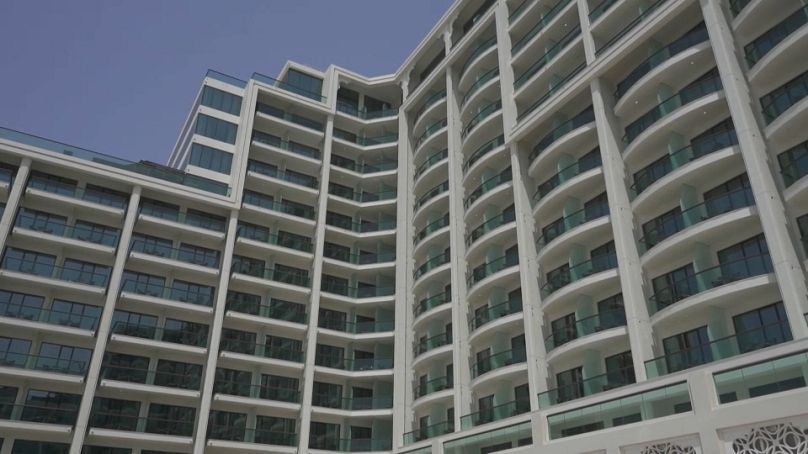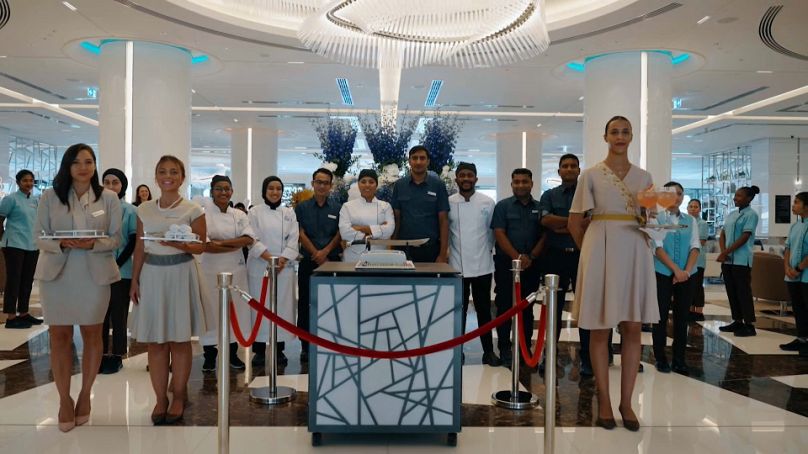Hilton president, Middle East, Africa & Türkiye, Jochem-Jan Sleiffer will oversee rapid growth for the 103-year-old hotel brand, adding 90 hotels to the existing regional portfolio of 179 within the next five years.
“This is a very interesting market for us,” says Sleiffer. “This has been an engine of growth over the last couple of years. This is a market where we can see that we can build more hotels. This is a market where people want to travel to.”
More than 60 of the upcoming hotels will be located in the Middle East, home to the UAE, Hilton’s largest market in the region with 33 hotels currently in operation and 14 in the pipeline. Gulf neighbour Saudi Arabia is the fastest-growing market with 16 hotels in operation and 45 in the pipeline.
The conclusion of this accelerated growth will be 24,000 additional hotel rooms across the Middle East, Africa, and Türkiye for consumers to choose between, which is why Europe is such an important source market for the brand.
“Europe has always been important in the [Middle East] region… the UK, France, Italy, Germany, but also, post-pandemic, we saw the Czech Republic and Switzerland really coming up,” says Sleiffer.
Sleiffer also points out that when travellers from the Middle East become familiar with Hilton brands, they are more likely to book them when visiting Europe.
“The Middle East market is an important feeder into Europe. It's important for us to have hotels in this region to get people familiar with the different brands that we have so, when they travel to Europe, they stay with us again,” explains Sleiffer.
Sleiffer will lead Hilton’s expansion while operating in a new era of hospitality shaped by ESG (Environmental, Social and Governance) guidelines, a set of standards that companies are expected to make corporate policy in support of sustainability and local communities. Critically for hotel groups, socially conscious investors are now using ESG criteria to screen potential investments.
Initiatives that Hilton is involved with include Evolvin’ Women, a project that prepares unemployed women from less privileged economic backgrounds for careers in hospitality, and SEDRA (Services for Educational Development, Research and Awareness), a non-profit organisation that helps to put people of determination into the workplace.
Sustainability is also high on Hilton’s agenda. Tackling food waste has been one of the hotel group’s most significant achievements to date. Using an Artificial Intelligence system called Winnow, which photographs, weighs, and records different food types as they hit the bin, Hilton’s chefs have been able to accurately monitor and therefore reduce food waste by adjusting food orders.
Sleiffer says: “I'm proud that 95% of our hotels have achieved significant savings in food waste. Food waste is one of the biggest problems we have in the world, and, in this region, we have reduced that by the equivalent of 600,000 meals.”



